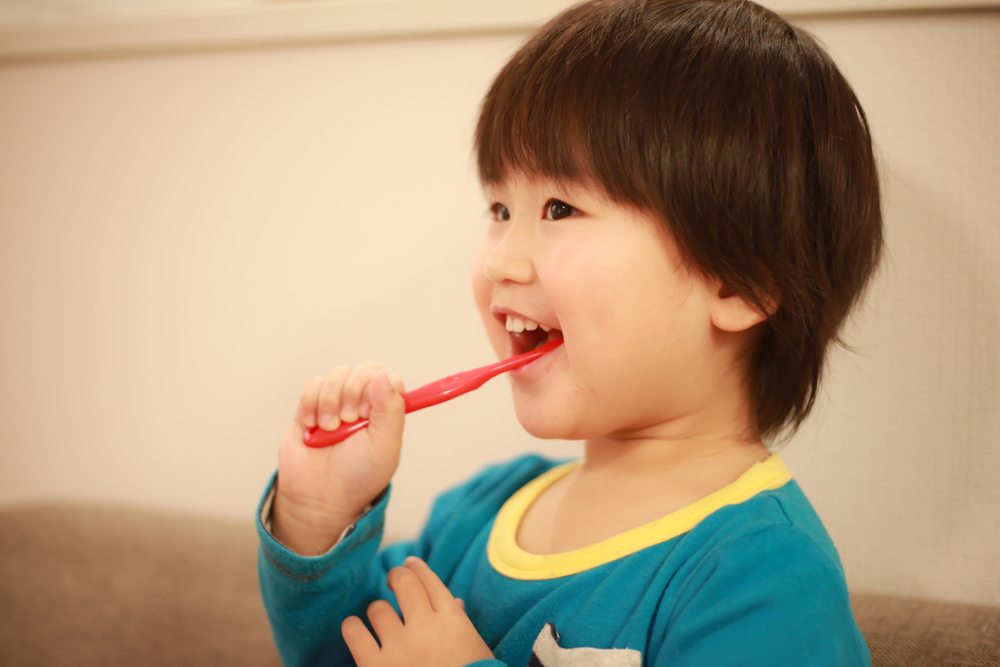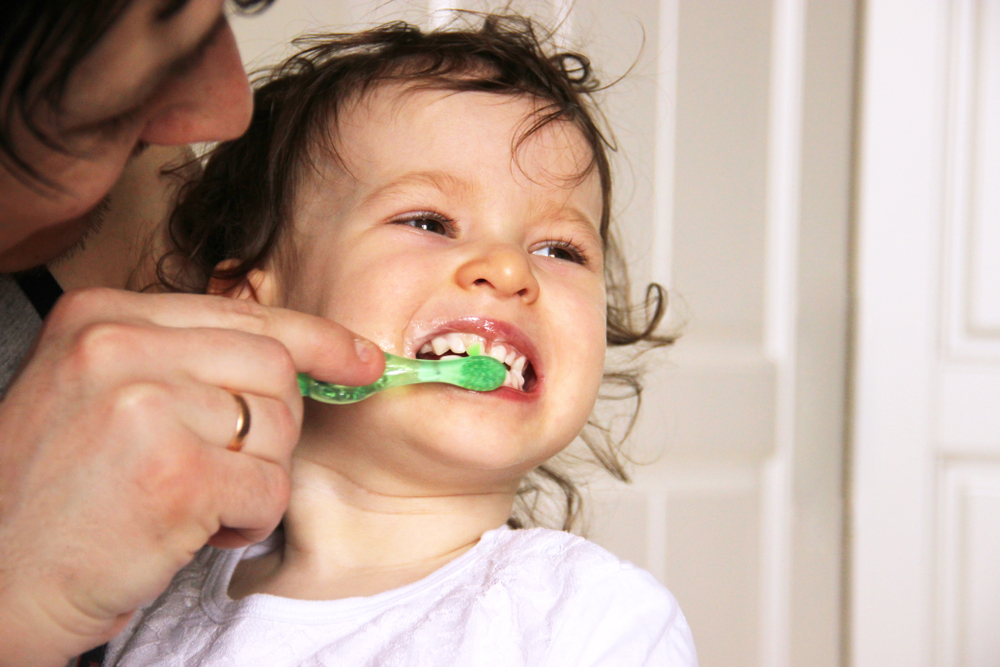What To Do About Your Child's Sensitive Teeth: A Parents Guide

Understanding Tooth Sensitivity in Children

1. Tooth Decay: One of the primary reasons for tooth sensitivity in children is tooth decay. If your child has cavities or untreated dental issues, the sensitive nerve endings in their teeth may become exposed, causing pain.
2. Enamel Erosion: The enamel on children’s teeth is not as strong as that of adults, making it more susceptible to wear and erosion. Acidic foods and drinks, as well as aggressive brushing, can lead to enamel loss.
3. Bruxism (Teeth Grinding): Many children grind their teeth, especially at night. This constant grinding can wear down the enamel and expose sensitive dentin, leading to sensitivity.
4. Gum Recession: Receding gums can expose the tooth roots, which are sensitive to temperature and pressure changes.
5. Orthodontic Treatments: Braces and orthodontic treatments can sometimes cause temporary sensitivity as the teeth shift and adapt to new positions.
Remedies for Tooth Sensitivity in Children
• Gentle Brushing: Encourage your child to use a soft-bristled toothbrush and practice gentle brushing to prevent further enamel erosion.
• Desensitizing Toothpaste: Consider using desensitizing toothpaste designed for sensitive teeth. These toothpastes can help reduce sensitivity over time.
• Fluoride Treatment: Fluoride treatments at your pediatric dentist’s office can strengthen the enamel, making teeth less sensitive.
• Mouthguard: If your child grinds their teeth, a custom-made mouthguard can protect their teeth from further damage.
• Balanced Diet: Promote a balanced diet with limited sugary and acidic foods and drinks to prevent enamel erosion.
• Regular Dental Checkups: Schedule regular checkups at Kenmore Pediatric Dentistry to monitor your child’s oral health and catch any issues early.
Is Your Child Suffering From Sensitive Teeth? Book an Appointment at Kenmore Pediatric Dentistry in Kenmore, WA Today!










2.png)
